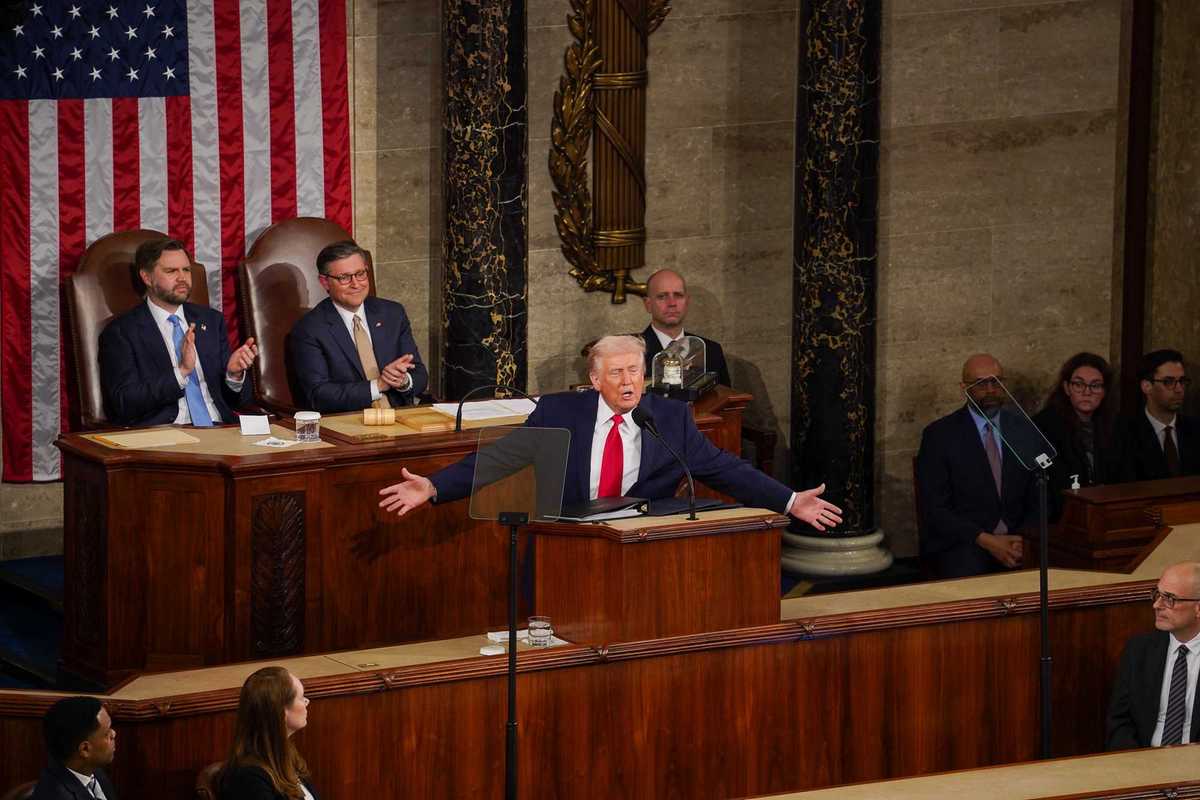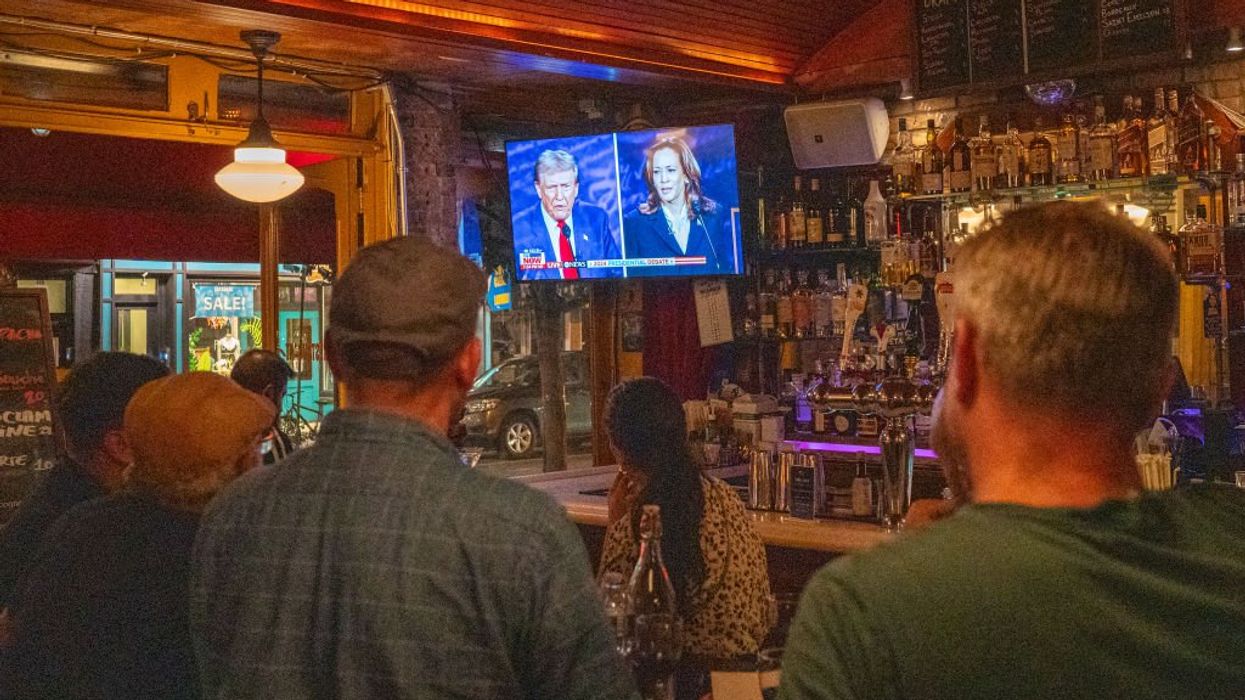Patrohay, a graduate of Clemson University, has been awarded a Fulbright scholarship to research the effects of climate change on Arctic ecosystems in Tromsø, Norway. He worked with the American Conservation Coalition on this piece.
You don't have to look far to see examples of environmental degradation in America. Garbage litters our streets, erosion damages our land and waterways, and carbon emissions are an ever-present threat.
For decades, these issues have been viewed as a federal problem. But since the 1970s, conditions have stagnated despite increasing environmental regulations. Practically no tangible progress can be attributed to global emissions agreements either. Currently, 75 of the biggest emitters are predicted to decrease emissions by just 1 percent of 2010 levels by 2030. The Intergovernmental Panel on Climate Change target? More than 45 percent.
The only true way to erect support for federal and international environmental initiatives is to start by raising a passion for the local environment in our towns, cities and states. Local communities must have a greater role in American environmental policy in order to achieve effective solutions. These communities know the consequences of environmental policies firsthand, have intimate knowledge of their unique environmental needs, and possess the ability to generate an organic consensus.
One of the greatest impediments to meaningful change is a lack of political trust. But while a measly 20 percent of Americans trust the federal government, 72 percent trust their local governments. Local solutions can be tailored to a community's specific natural environment and allow residents, fed up with pollution or waste, to take matters into their own hands.
The best solutions combine the pocketbook of the federal government with the accountability and stewardship of local ones. Our environmental problems are too large to tackle alone. But it is critical that local governments retain their sovereignty and self-determination, and these powers — already long in decline — have come under a renewed threat from the Biden administration.
Costly federal environmental regulations that fail to actually solve anything disproportionately affect low-income Americans when their utility bills rise. For instance, a 2018 National Energy Assistance Survey revealed that 6 million low-income households needed federal assistance to pay utility bills and half forwent food or medical care for at least a day to pay them. Despite this, more than two-thirds of Americans say the government ought to do more to solve our pressing environmental problems.
Buried amongst President Biden's recent jobs plan is a pledge to federalize local zoning powers, representing a dangerous destruction of an important duty of state and local government. Without these powers of self-determination, the same politicians making costly, ineffective environmental regulations hurting everyday Americans would have full reign to chart future American environmental policy.
Studies show that zoning ordinances should be updated to encourage sustainable development, as older ordinances are simply too outdated to mention new eco-friendly technologies. But federal zoning regulations mandated without the input of localities risk erasing existing regulations that work and foster the illusion that individual environmental responsibility is unnecessary. As Edmund Burke once wrote, small communities have a "plastic" nature; they can implement sustainable zoning practices with a precision that the federal government can't match.
That's not to say the federal government ought to be excluded from environmental policy altogether. We must create a system in which the federal government builds incentive structures that allow states and localities to make informed decisions.
This idea has begun to catch on. The global organization Local Governments for Sustainability has enabled partnerships between over 2,500 local and regional governments across more than 125 countries, working to implement smart regulations. In the United States, the landmark Conservative Climate Caucus, started by Republican Rep. John Curtis of Utah, will encourage partnerships with state and local governments, returning to the party's conservation roots. This opens the door for bipartisan environmental solution s that recognize policies work best when designed close to home.
These principles are at play in my own backyard too. The recent Lowcountry Lowline project, a green infrastructure initiative in Charleston, S.C., to manage stormwater, has gathered federal interest and opened the possibility of a $25 million stimulus from Washington.
So don't allow the Biden administration to wipe away state and local input on our zoning laws and environmental policy. Notify your congressional representatives about the consequences of erasing local self-determination. Help strengthen the underappreciated power that our communities have by joining local green initiatives too. Everyone can and should play a part in their own community.



















